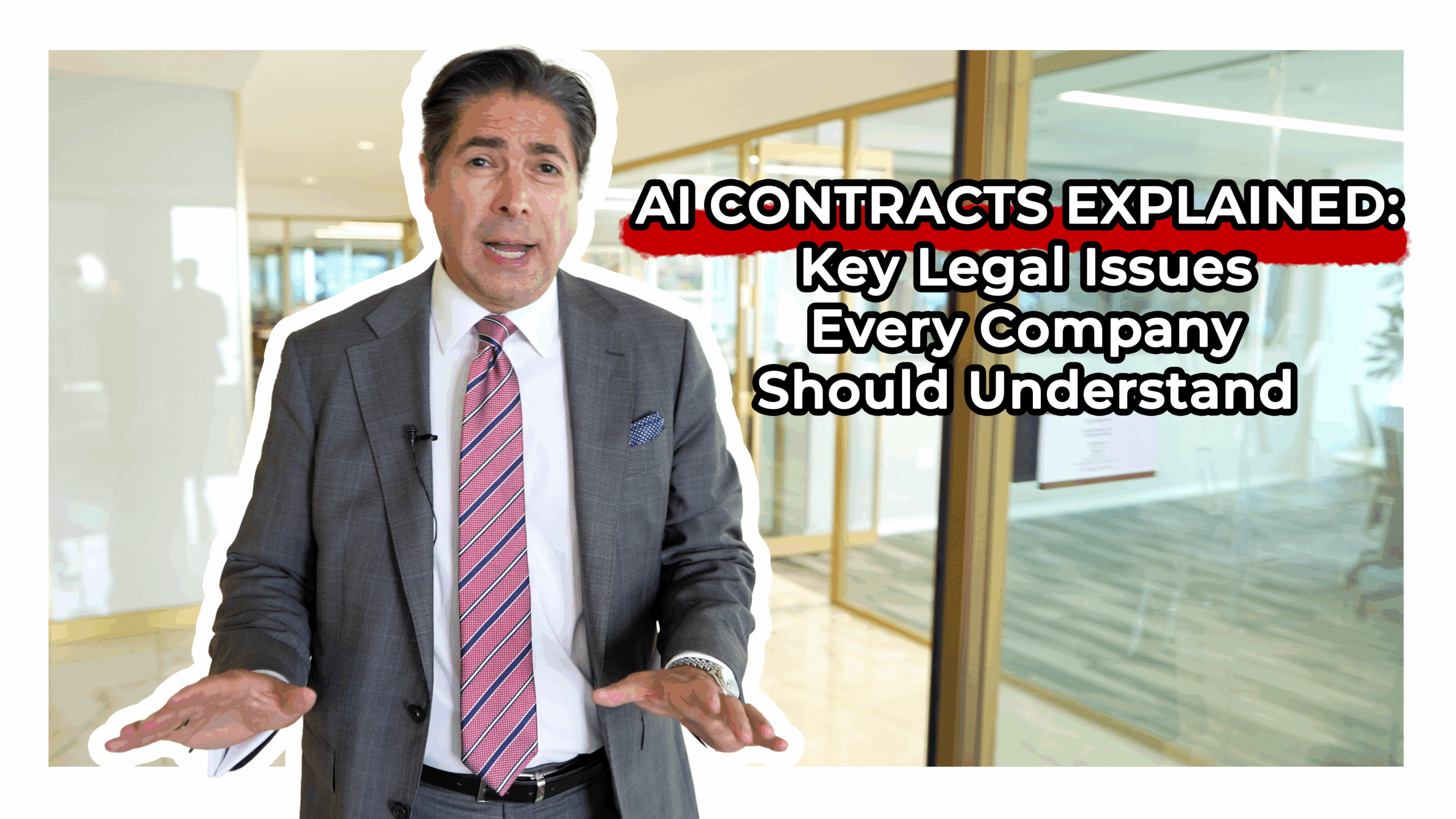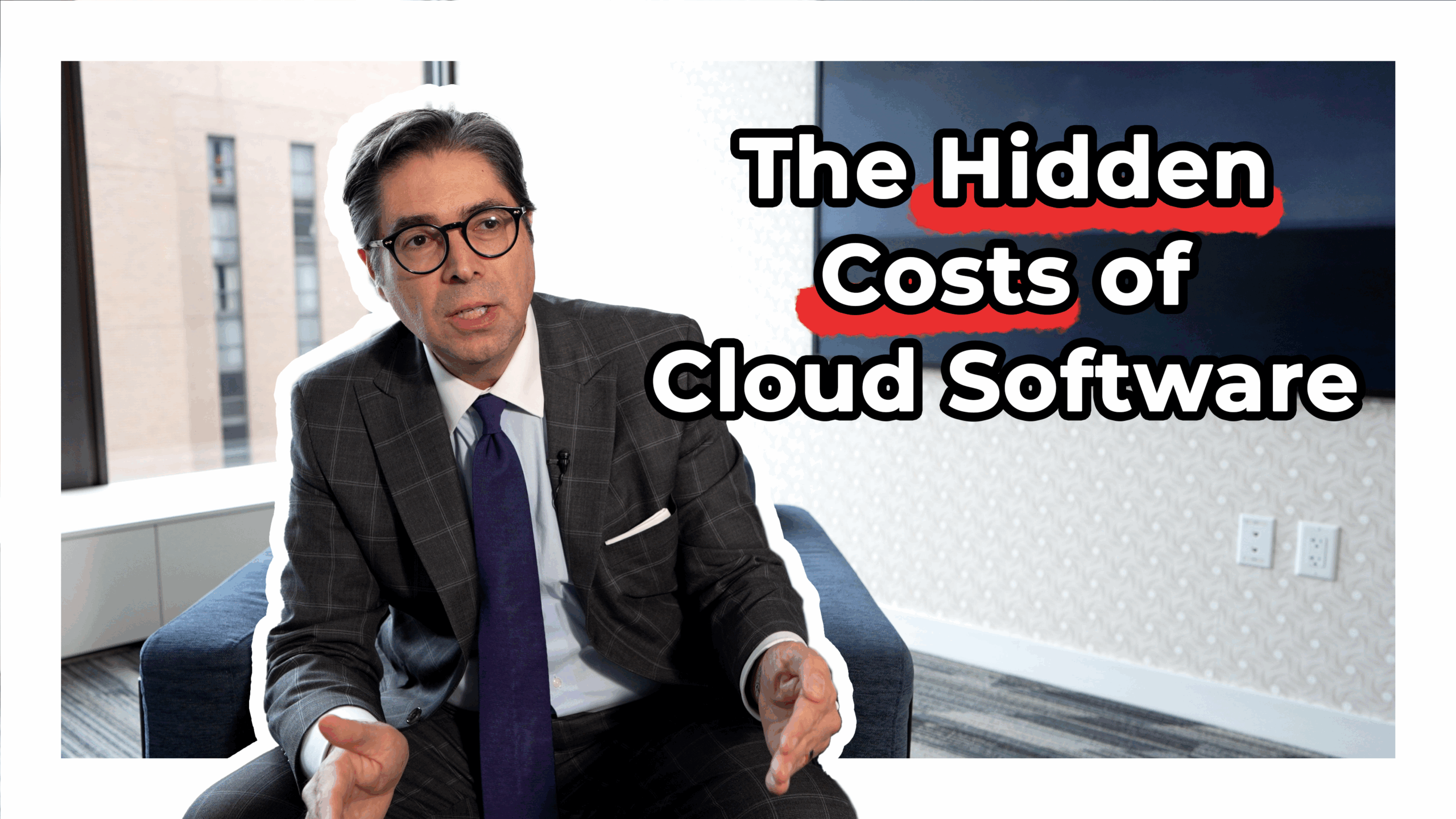Insurance coverage for trademark infringement lawsuits is far narrower than most executives realize.
In this video, Bill Wagner, a partner in Taft’s Indianapolis office, explains what CGL policies may cover, why willfulness allegations destroy coverage, and how insurer-appointed defense counsel can put companies at risk.








